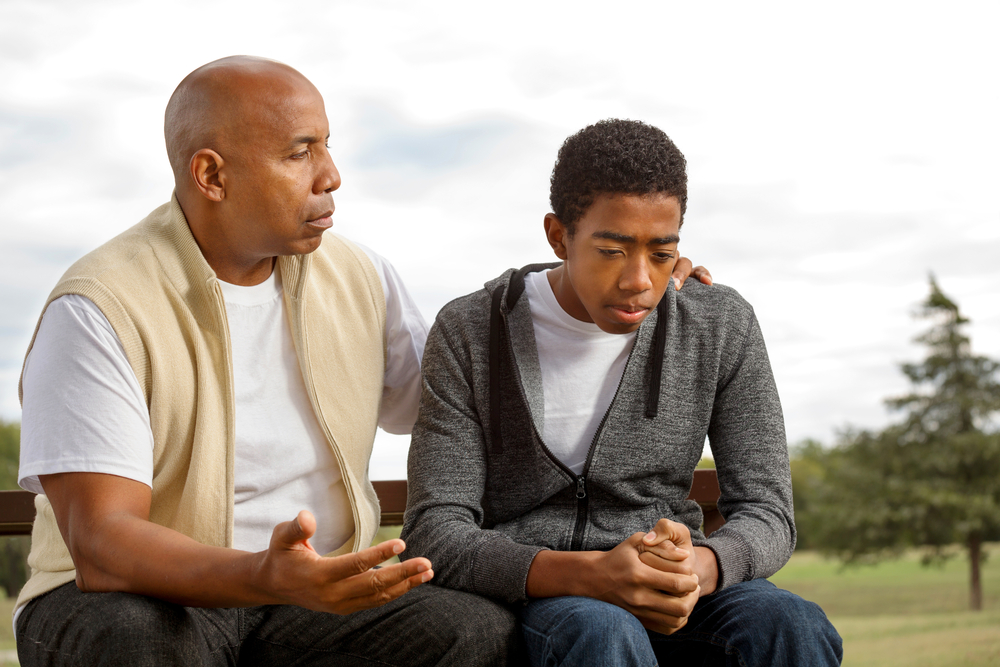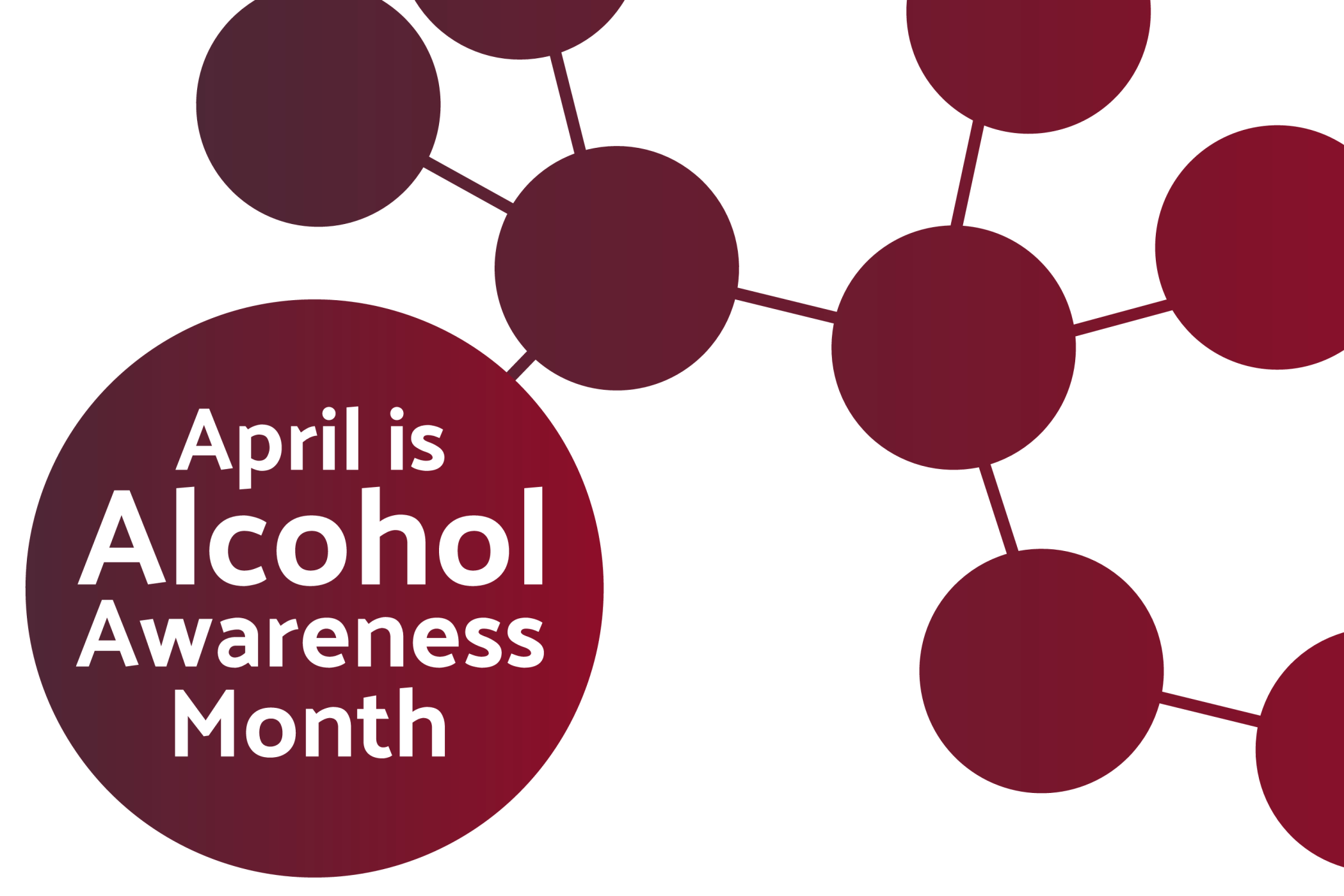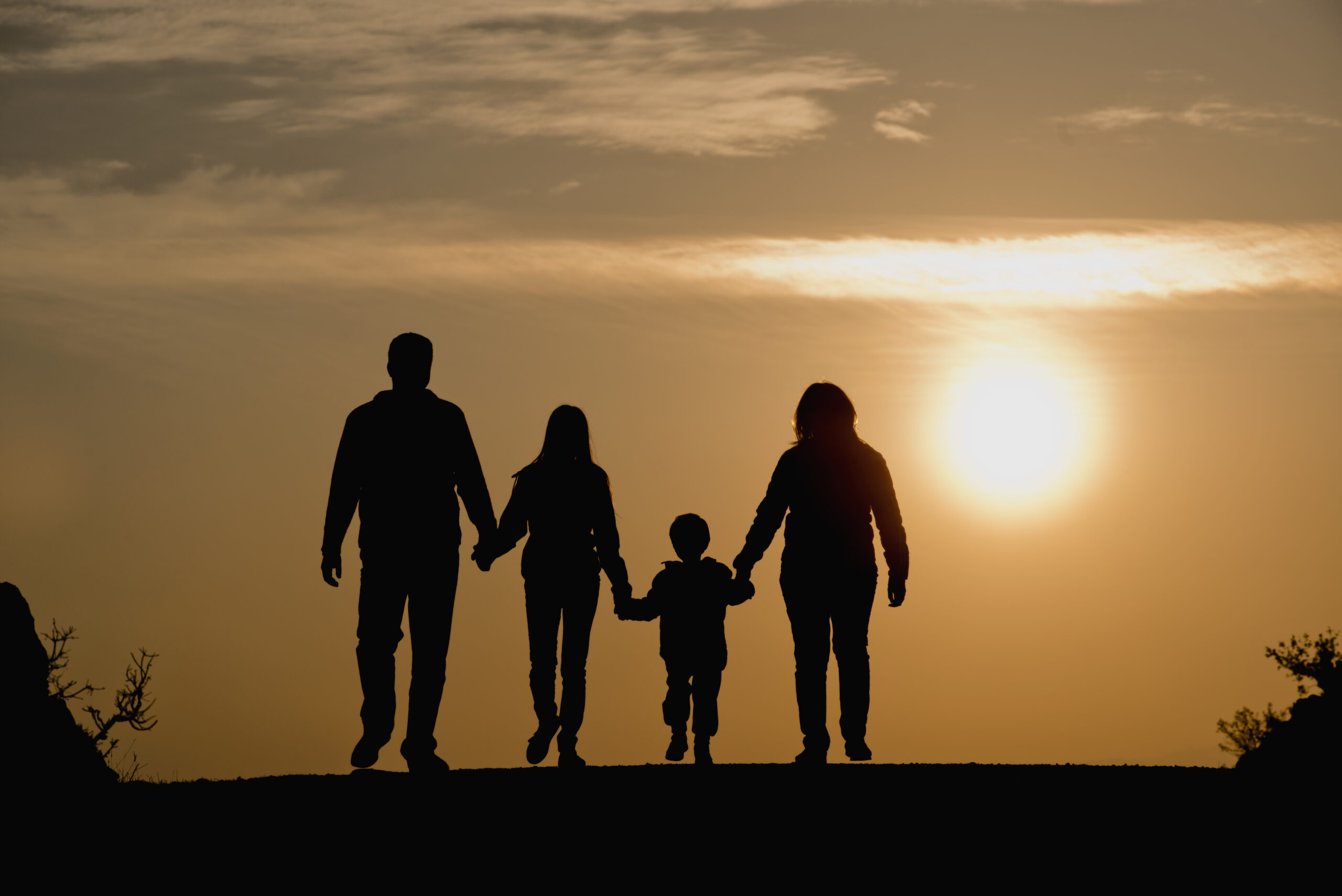How to Address Risky Behavior From Your Teen

As a parent, you want to protect your child from everything. In the teenage years, the scrapes and bruises from horseplay at the playground make way for other dangers like underage drinking and drug misuse. Parents protect teenagers by helping them avoid making bad decisions — and by teaching them that risky behavior has consequences.
Teens are often faced with outside dangers like drugs and alcohol. These outside influences, paired with the fact that the teenage brain is not fully developed, lead to risky behavior. When your teen starts making bad decisions, it can be tough to know how to proceed. Here is how to address risky behavior and the consequences best for teens.
Risky Behavior and Teens
Teenagers are prone to risky behavior, and it can be a difficult road for parents to navigate. What makes matters worse is that risky behavior, like engaging in underage drinking, can lead to other dangerous decisions and situations.
Risky Behavior Begets Risky Behavior
Underage drinking among teens can lead to more risky behavior. According to SAMHSA, 67 percent of teens who drink before age 15 will go on to use illegal drugs. Alcohol use by teens is one of the strongest predictors of teen injury, fighting, unwanted sexual advances, illegal activity, and other illicit drug use.
Brain Development
Think back to when you were the same age as your teenager. Did you always make the right decision? The human brain isn’t fully developed until about age 25, and the adolescent brain is “wired” for risky behavior. The emotional areas of the brain mature before the part of the brain responsible for judgment and impulse control. This imbalance often leads teenagers to seek risks with little thought of the consequences.
A 2017 study of teenagers around the world confirms adolescents are wired to engage in risky behavior. Researchers found that, worldwide, sensation-seeking peaks around age 19 and then declines with age. A young adult’s ability to control their impulses doesn’t fully develop until age 23 or 24.

How to Counter Risky Behavior in Teens
Parenting is never easy. However, there is a certain degree of control you have over small children that you do not have over teenagers. You decide where to take your toddler, who they can play with, and what they eat. Teenagers jump at any chance to exert their independence, and you serve as more of a guide and coach while they get their footing.
Serve as a Coach
As a coach, you can counter risky behavior in your teen by establishing guidelines and helping them understand the consequences of dangerous decisions. Reinforce laws, like a citywide curfew for teenagers, that are meant to keep them safe. Explain why these laws are in place and what can happen if they break any laws.
Help your teen navigate tricky situations in advance. Let them know that if they end up at a party where other kids are drinking alcohol, they can call you without getting in trouble. You can set up a secret code, like having them send a specific emoji, so you know to pick them up without their friends knowing why. Not only will this strengthen your bond, but it will help prevent them from making bad decisions on the fly.
Establish Rules and Expectations
It’s just as important to explain why rules and expectations exist as it is for you to set them. Make sure your expectations of your teen are clear. If you don’t want them to drink alcohol before they turn 21, tell them they are not allowed to drink alcohol before they turn 21. Explain why underage drinking is dangerous and why you expect them to refrain from alcohol (click here for resources to back your explanation).
Be consistent with your rules. Each member of the family should follow the same expectations. One sibling shouldn’t be able to break a rule more easily than the other. When it comes to rules surrounding alcohol, demonstrate safe drinking practices in front of your kids. While parents can drink alcohol, no one is allowed to get in a car with a driver who has been drinking.
Be Flexible
Be flexible with rules to demonstrate they are there for your teen’s safety. Let’s say there is a 10 p.m. curfew. At 9:30 p.m., your responsible teenager is driving a few friends home from a party and realizes they may be a few minutes late. Tell them to call you and let you know where they are rather than have them rush home to be home exactly by 10 p.m. You don’t want them to get hurt speeding home; you just want to know they are safe.

Consequences for Teens
If you need to discipline a teenager for breaking the rules, remind them that making bad decisions led to their punishment. Emphasize that risky behavior can have consequences for teens. It is helpful to have the consequences relate to the behavior. For example, if your teenager likes to drive fast, they are not allowed to get behind the wheel without a parent in the car until they learn to drive safely.
Verywell Family, a resource for parenting topics, lists consequences for teens that work.
Loss of Privileges
Teenagers love their devices, so limiting the time they can use electronics can go a long way. If your teen is misbehaving, limit the time they can use their phone at home until their behavior improves.
Added Responsibilities
You may need to discipline a teenager if they demonstrate a lack of responsibility. Take away your teen’s privileges until they complete extra tasks or chores. You could say they are not allowed to have friends come over until they clean their room. If a teen’s risky behavior hurts someone, you could have them fix something they broke or perform a good deed to make amends. This reminds them to accept responsibility for making bad decisions.
Natural Consequences
Explain that risky behavior often has natural consequences, not just through punishment at home. If your teen drives fast, not only can they not drive without you in the car, but they are also likely to get a speeding ticket. You can also take away driving privileges if they are irresponsible with the car. This will demonstrate that there are natural consequences to their behavior, and they need to act responsibly.
Communication is Key
It’s important to keep the line of communication open with your teens. Make sure your teens know they can talk with you, even after making bad decisions or engaging in risky behavior. Your goal is not to shut them out; it is to protect and teach them.
Start the conversation about underage drinking to help your teens avoid making bad decisions surrounding alcohol. Pledge to teach your children about underage drinking, and take the pledge to Talk It Out together.



